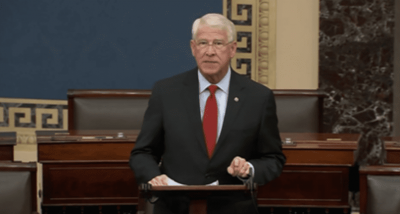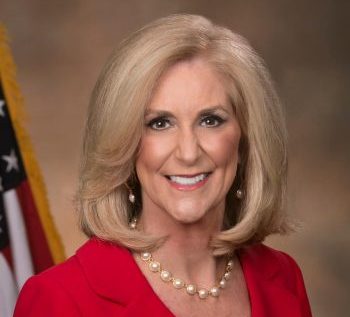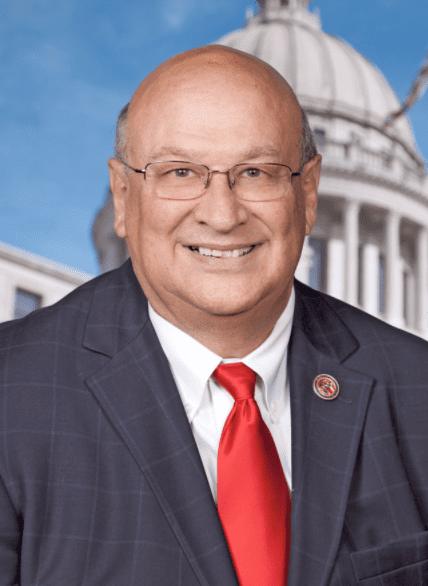
U.S. Sens. Roger Wicker, R-Miss., and Maria Cantwell, D-Wash., chairman and ranking member of the Senate Committee on Commerce, Science, and Transportation, today released the following statements upon introduction of the Aircraft Safety and Certification Reform Act of 2020. This bipartisan legislation would implement provisions to improve aviation safety based on lessons learned from the tragic Boeing 737 MAX crashes, including addressing human factors to accurately assess pilot responses to cockpit alerts.
“Ranking Member Cantwell and I have reviewed the evidence from accident reports, solicited recommendations from aviation experts, spoken to the victims’ families, witnesses, and stakeholders, and held a series of hearings on aviation safety,” said Wicker. “We are introducing bipartisan legislation that would take important steps to improve safety, especially as it relates to the manufacturing of passenger aircraft. I look forward to continuing our work to enhance safety for the flying public and avoid future tragedies.”
“Safety is paramount,” said Cantwell. “A primary goal of this legislation is to make sure the FAA remains in the driver’s seat when it comes to certification.
“This bill makes it clear the FAA is in charge of the certification workforce and the approval process. Additionally, it requires the FAA to act on the NTSB’s recommendations on new safety standards for automation and pilot training.
“It’s critically important that the FAA keep pace with skill levels and new technology to oversee the certification process. The Human Factors Center of Excellence and Office of Continuing Education will help ensure FAA inspectors have the expertise they need to do their job.
“Finally, I want to thank the families of the victims of the tragic 737 Max crashes for their tireless advocacy that helped get us to this point. I also want to thank Chairman Wicker for his hard work and thoughtfulness in moving these reforms forward. I look forward to pushing these important changes into law.”
The Aircraft Safety and Certification Reform Act of 2020 would:
- Mandate Safety Management Systems (SMS) for large aircraft and engine manufacturers. SMSs provide systematic approaches to safety policy, assurance, and risk-management;
- Require the Federal Aviation Administration (FAA) to approve the appointment of Organization Designation Authorization (ODA) unit members and require the FAA to develop guidance for technical qualifications for such members;
- Require the development of best practices for ODAs, including those that would ensure any reports of undue pressure or regulatory coziness are addressed;
- Prohibit limitations on direct communications between ODA unit members and FAA inspectors;
- Require the FAA to review and reassess assumptions related to “human factors” – the interface between human and machine – when certifying aircraft, particularly those situations involving multiple cockpit alerts and automation;
- Require the FAA to conduct more research into human factors with respect to the design and certification of aircraft;
- Establish an FAA center of excellence that would examine human factors and automation within aviation;
- Require flight testing by a representative sample of international and domestic airline pilots;
- Direct the FAA to establish an Office of Continuing Education to assist the FAA’s certification engineers and inspectors to keep current with new technologies and concepts;
- Provide funding authorization for the FAA to hire specialized technical staff with expertise in new and emerging technologies to assist in development of technical standards in certification;
- Prohibit FAA employees from receiving financial incentives or awards that relate to certification schedules or quotas;
- Direct the FAA to maintain a voluntary and anonymous safety reporting program for FAA employees to convey concerns about aircraft designs during the certification process;
- Extend existing whistleblower protections for airline employees to employees and contractors of aircraft, engine, and propeller manufacturers;
- Repeal unused certification authorities that would permit the FAA to further delegation responsibilities to manufacturers;
- Require the FAA to review its own expertise and capability to understand the safety implications of new or innovative technologies, materials, and procedures that designers and manufacturers of passenger aircraft may adopt or introduce.
Click here to read the bill.
Press Release
6/16/2020











